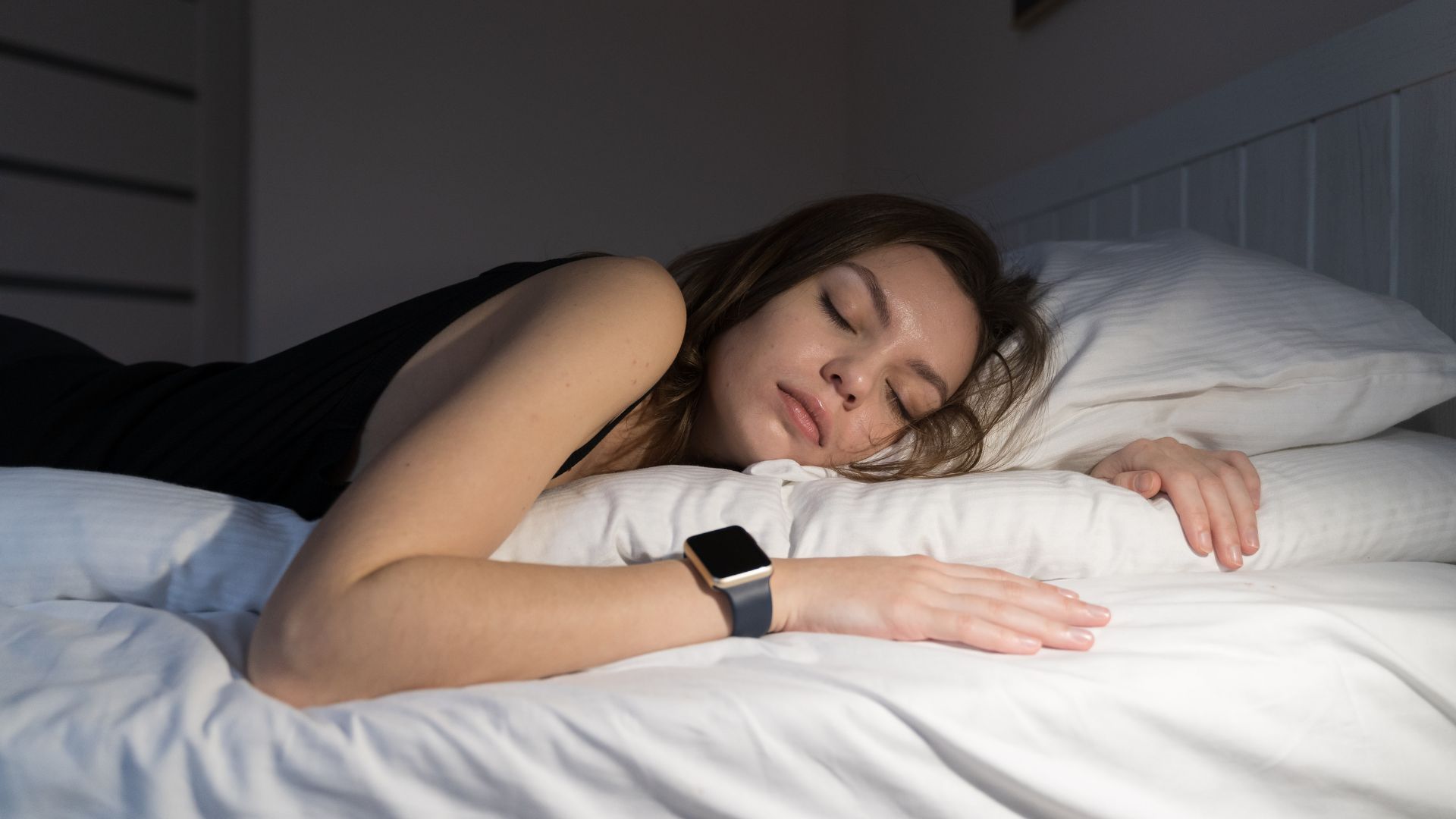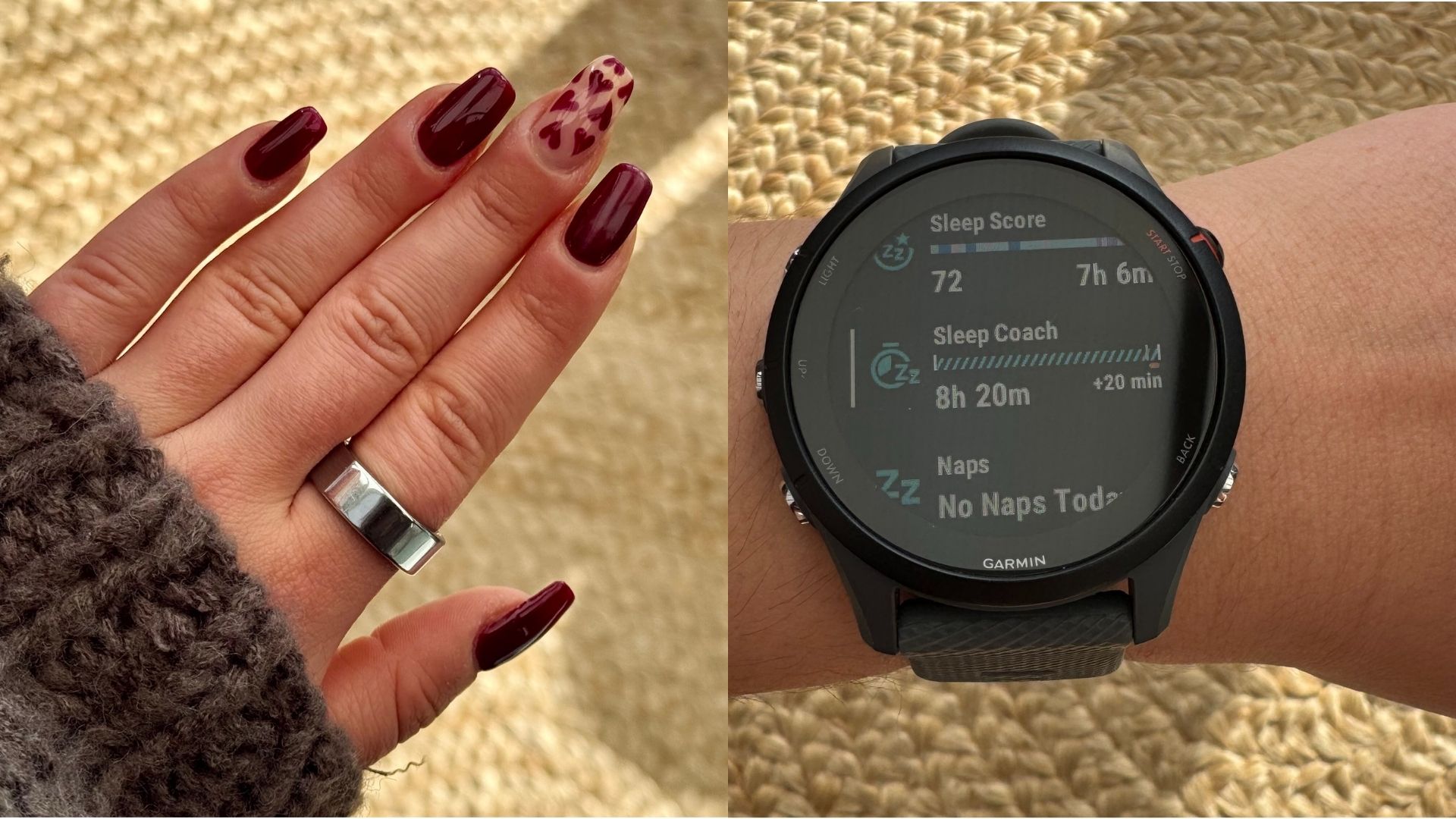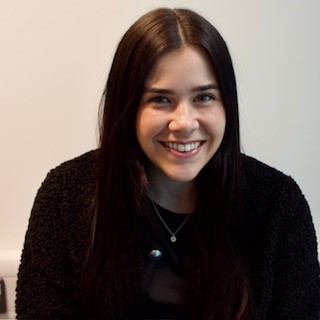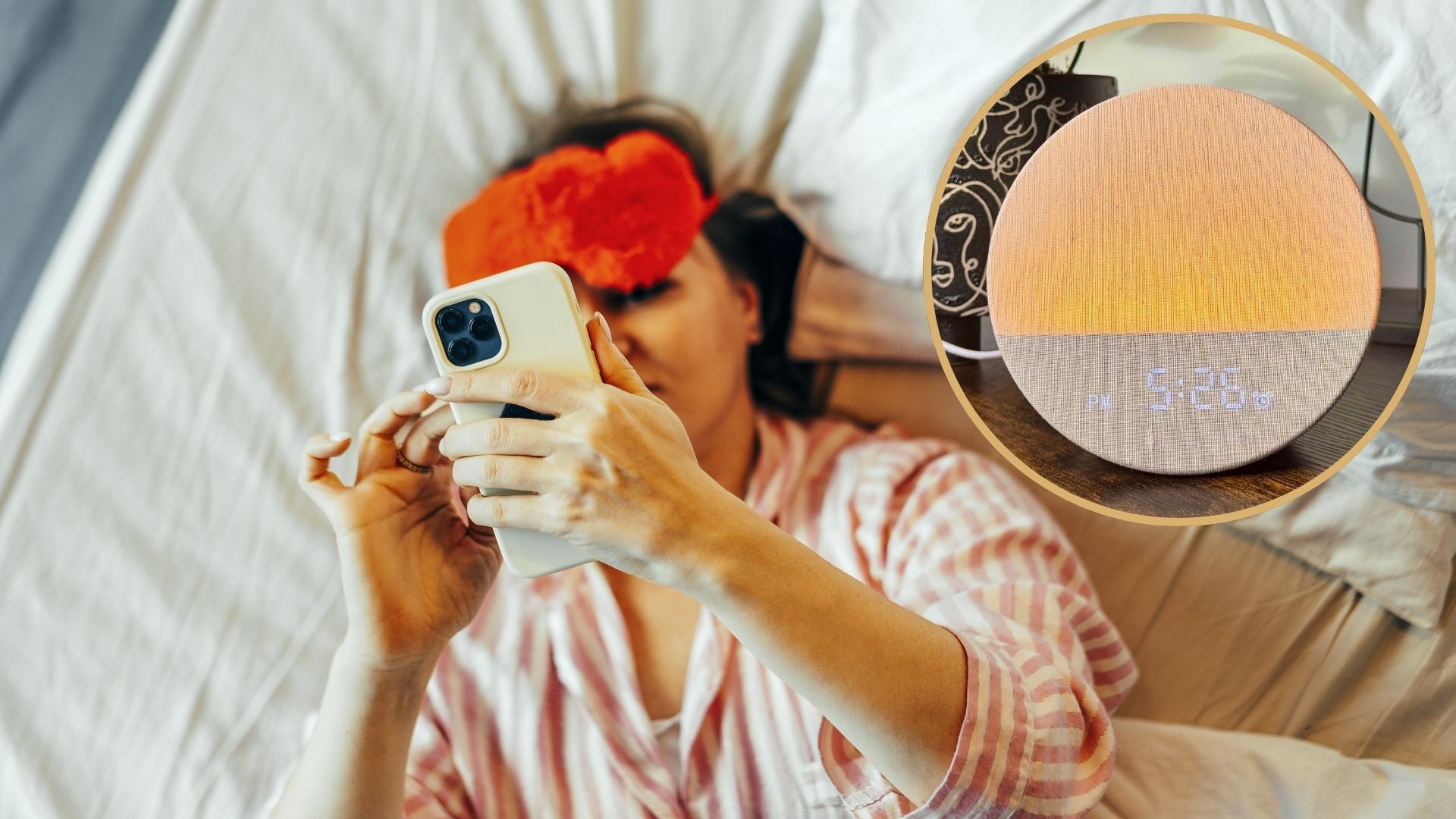World Sleep Society officially backs sleep trackers — but it comes with a warning
Don't trust everything you see when it comes to your sleep tracker stats, says the WSS

More and more people are recognizing the essential role sleep plays in health and wellbeing, according to consumer research organization Mintel.
It makes sense then, that products including sleep trackers, the best mattresses and smart alarm clocks and eye mask are becoming ever more popular. Wearable sleep trackers in particular are nighttime accessories now worn by many health-conscious individuals.
Recognising this trend, the World Sleep Society has issued recommendations on how wearable consumer health trackers (which brands like Apple, Oura, Garmin and Withings produce) can be used to improve personal health, assist sleep research and aid sleep disorder treatment.
However, the WSS says individuals should use these trackers with caution and not always trust every metric. Let's dig in to their recommendations...
Key takeaways
- Your sleep tracker can help you optimize your sleep, but there are limitations
- Personal sleep tracking assists wider sleep research
- Sleep trackers aren't 100% accurate all the time
The World Sleep Society is a global, non-profit membership organization made up of sleep researchers and clinicians, who describe themselves as "dedicated to advancing sleep health worldwide."
As the world of sleep tech expands the WSS has released their 'Recommendations for the Use of Wearable Consumer Health Trackers That Monitor Sleep,' which was authored by sleep experts, including those in the fields of sleep medicine, biomedical engineering and circadian health.
In it, they note the importance of cautious use, noting that many consumer sleep trackers lack rigorous validation against clinical standards and may not accurately measure sleep stages or detect sleep disorders.
Get instant access to breaking news, the hottest reviews, great deals and helpful tips.
Why the World Sleep Society recommends wearing a sleep tracker
1. Advancements in sleep research
People wearing sleep trackers out of their own curiosity helps researchers gather more data over longer time periods than is possible within dedicated sleep studies.
The study authors say: "Sleep researchers are beginning to use CHTs [consumer health trackers] as an additional screen for sleep disorders in research participants, following the decades-old practice of using research-grade actigraphy."
They state objectively determined sleep metrics, especially sleep duration, are more reliable than questionnaire-assessed measures.
With a better understanding of sleep trends and habits among the general population, researchers can do more to assist public understanding and awareness of sleep health, recognising areas warranting further research to help the public optimize their sleep.
2. Individuals can learn how to sleep better
Sleep trackers can help individuals identify sleep patterns and trends based on lifestyle choices and environmental factors.
For example, many sleep tracking apps allow you to log your alcohol and caffeine intake and where you are in your cycle as a woman, which can all influence your sleep architecture, overnight heart rate and sleep temperature.
"The effects of alcohol or substance use on elevated nocturnal heart rate and sleep should be discussed to encourage healthier behavior," recommends the WSS.
Tracking this information alongside your sleep metrics can help you make informed choices like limiting alcohol and avoiding caffeine later in the day to improve sleep hygiene and habits.
3. Better understanding of sleep problems
Data from sleep trackers can be used by healthcare professionals in conjunction with patient reports to identify sleep disorders.
The WSS note that, as of the end of 2024, the Apple Watch and Samsung Galaxy Watch obtained FDA clearance for the identification of individuals at risk for moderate to severe sleep apnea who have not yet been diagnosed. Withings received EU approval for this function in early 2025.
Nightly sleep data offers a more comprehensive view of sleep behaviors which can aid in tailoring treatment. However, the World Sleep Society warns consumer trackers cannot solely diagnose disorders and you should consult a medical professional if you suspect symptoms of sleep apnea.

Beware of sleep tracking limitations, say World Sleep Society
The World Sleep Society's recommendations serve as a framework for responsible use of consumer sleep technologies. But they say you should be aware of the limitations of wearable sleep trackers. For example, time in bed can be confused with total sleep time.
The study authors write: "Users should be reminded that sleep staging values differ in quality across devices and are meant to be indicative only and are not authoritative," and advise individuals to stay away from sleep tracking where it contributes to anxiety (i.e. orthosomnia).
They add: “Devices often require a minimum threshold of continuous sleep (often >3h) to designate a sleep bout. As such, a person with multiple shorter but highly fragmented sleep separated by long (>∼1hr) wake periods may not have a meaningful TST value for that night’s sleep. Instead, the record might show multiple sleep periods that night.”
By focusing on healthy sleep behaviors and acknowledging the limitations of wearable trackers, individuals can better integrate these tools into their sleep routines. Meanwhile sleep professionals can gain a better understanding of the world's sleep habits to fine tune their advice and research.

Eve is a sleep tech product tester and writer at Tom's Guide, covering everything from smart beds and sleep trackers, to sleep earbuds and sunrise alarm clocks. Eve is a PPA-accredited journalist with an MA in Magazine Journalism, and has four years’ experience writing features and news. In her role as Sleep Tech Product Tester and Writer for Tom's Guide, Eve is constantly trying out and reviewing the latest sleep products from brands such as Apple, Garmin, Whoop, Hatch, Sleep Number, Eight Sleep, and Oura. A fitness enthusiast who completed the London Marathon earlier this year, Eve loves exploring the relationship between good sleep, overall health, and physical performance, and how great sleep tech can make that relationship even better.
You must confirm your public display name before commenting
Please logout and then login again, you will then be prompted to enter your display name.
 Club Benefits
Club Benefits





